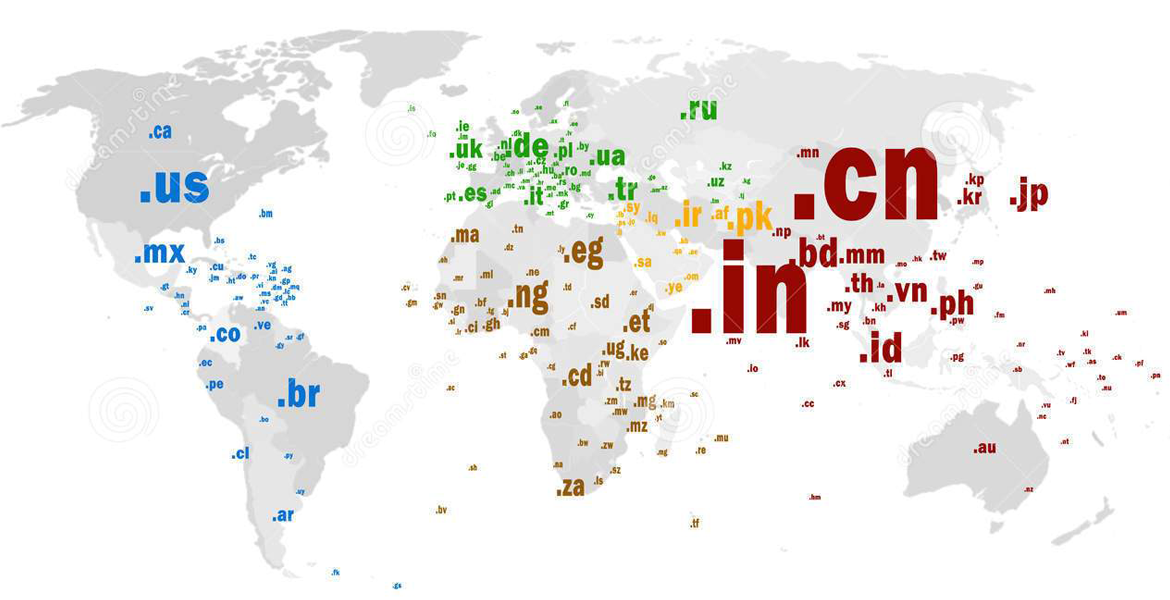Knowledgebase
Domain knowledge is knowledge of a specific, specialized discipline or field, in contrast to general knowledge, or domain-independent knowledge. The term is often used in reference to a more general discipline, as, for example, in describing a software engineer who has general knowledge of programming, as well as domain knowledge about the pharmaceutical industry. People who have domain knowledge, are often considered specialists or experts in the field.
In many cases, domain knowledge is highly specific such as the details of a proprietary technology. The term domain knowledge isn't typically applied to knowledge such as mathematics that can be applied to a wide variety of problem spaces and situations. In other words, domain knowledge is valuable in specific situations but is relatively useless outside of its domain.
In software engineering domain knowledge is knowledge about the environment in which the target system operates, for example, software agents. Domain knowledge usually must be learned from software users in the domain (as domain specialists/experts), rather than from software developers. It may include user workflows, data pipelines, business policies, configurations and constraints and is crucial in the development of a software application. Expert's domain knowledge (frequently informal and ill structured) is transformed in computer programs and active data, for example in a set of rules in knowledge bases, by knowledge engineers.
Communicating between end-users and software developers is often difficult. They must find a common language to communicate in. Developing enough shared vocabulary to communicate can often take a while.
The same knowledge can be included in different domain knowledge. Knowledge which may be applicable across a number of domains is called domain independent knowledge, for example logics and mathematics. Operations on domain knowledge are performed by meta knowledge.






